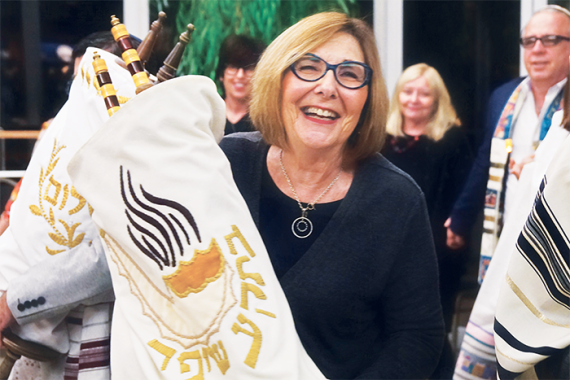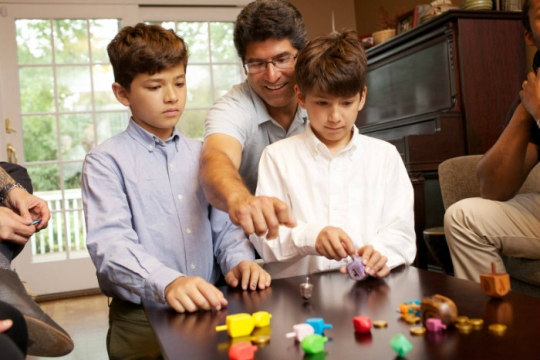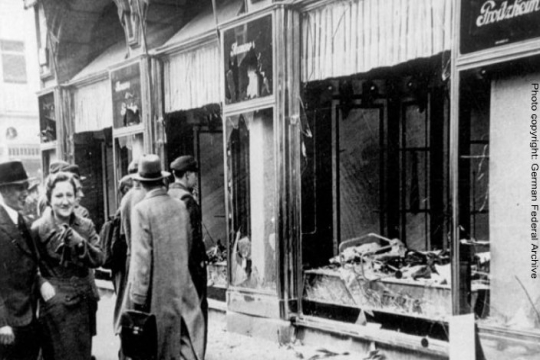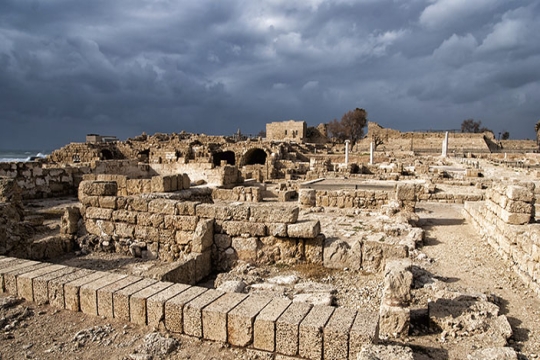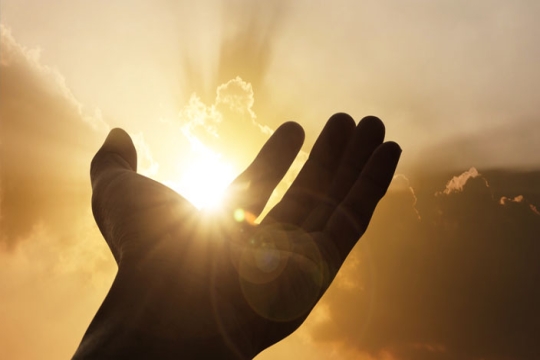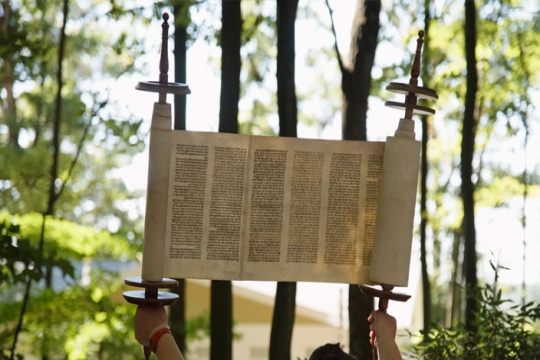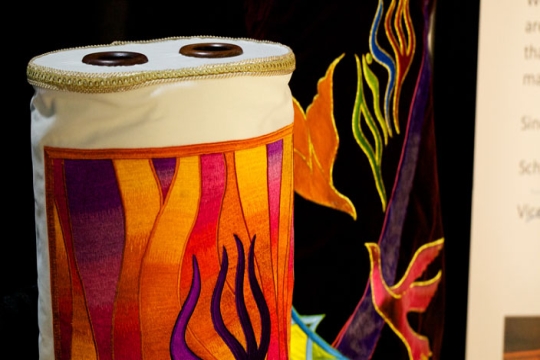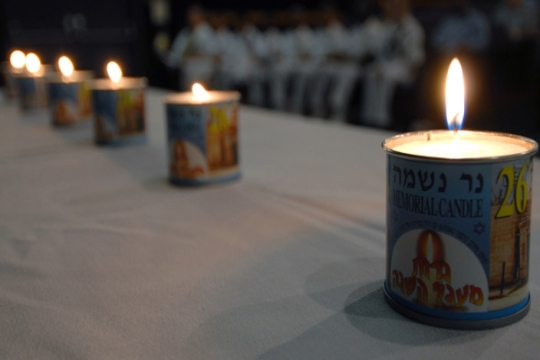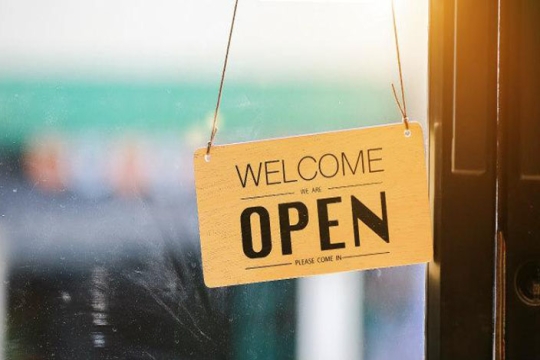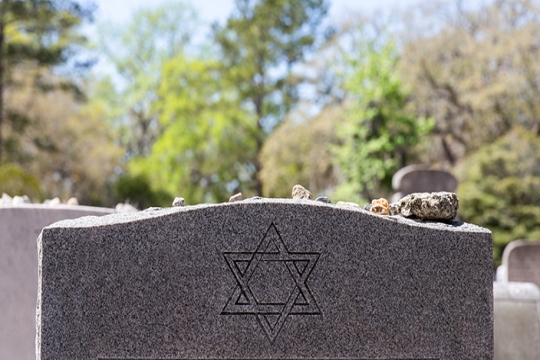I was invited to celebrate a bar mitzvah for an 83-year-old. Where does this tradition come from?
It's never too late for a Jewish person to celebrate becoming bar, bat, or bet mitzvah! Many Jews celebrate as adults, if they didn't have the opportunity to celebrate when they were 13.
What happens on each night of Hanukkah?
Two blessings are chanted or recited every night of Hanukkah. The first is a blessing over the candles themselves. The second blessing expresses thanks for the miracle of deliverance. A third blessing—the Shehecheyanu prayer, marking all joyous occasions in Jewish life—is chanted or recited only on the first night.
How do Reform congregations commemorate Kristallnacht?
Kristallnacht, which literally means, “the night of broken glass,” occurred on the night of November 9, 1938, and marks the beginning of the Holocaust. On Kristallnacht, Jewish homes, synagogues, and businesses were destroyed by the Nazis and the streets in Germany and Nazi-occupied Europe were covered with glass from the shattered windows of synagogues, Jewish homes, and businesses.
Do Reform Jews Observe Tishah B’Av?
The observance of Tishah B’Av (literally the 9th day of the month of Av) poses some interesting questions for Reform Jews. The day is one of fasting and mourning, for the destruction of both the First and the Second Temple in Jerusalem is said to have taken place on that day. While other tragic events in Jewish history may have coincided with the ninth of Av, it is the Temple’s destruction (churban habayit) that dominates the day’s ritual and liturgy. Reform theology has not generally looked upon the loss of the Temple and the expulsion of the people of Israel from its land as a catastrophe to be lamented by liberal Jews.
What does the Jews’ covenant with God mean?
We live our lives as a tapestry of relationships: with parents, siblings, partners and other relatives; with friends, neighbors, and colleagues; with the larger world and the environment; and with God. Our relationships are a lens through which we see ourselves because we gain self-understanding when we consider how others
Can a Reform Jew believe the Torah is the word of God?
In answer to your question, "Can a Reform Jew believe that God gave the Torah at Sinai?" I think that the most honest answer is, "Yes, but..." Let me start with that "but.
Does listening to a podcast count as study? Is it OK to say the blessing if I’m listening to commentary without reading or hearing the Torah portion?
Listening to the podcast definitely counts as Torah study. It’s an opportunity to learn a bit of Torah and start to think about the weekly Torah while also incorporating some modern-day thinking into the traditional message.
What might I expect when making a shiva call? What should I bring?
Shiva is a time when we reminisce, remember, recapture memories of a loved one. As such, what we usually do during a condolence call is to listen to those memories that the mourner wishes to share or to talk about other subjects initiated by the mourner that may have nothing to do with his or her loss.
My new son-in-law has expressed interest in Judaism; where can we find a community that will welcome him and help him learn about Judaism?
Reform Jews are committed to the principle of inclusion.
Why is it customary to visit loved ones' graves before or during the High Holidays?
Jewish tradition gives structure to many aspects of mourning as a way to create order at a time when mourners may feel unmoored.
How do we help children cope with tragedies that occur in our communities and in the news headlines?
What does Judaism teach us about helping our children to cope with terrible news that even we, as adults, find challenging to understand or process?

